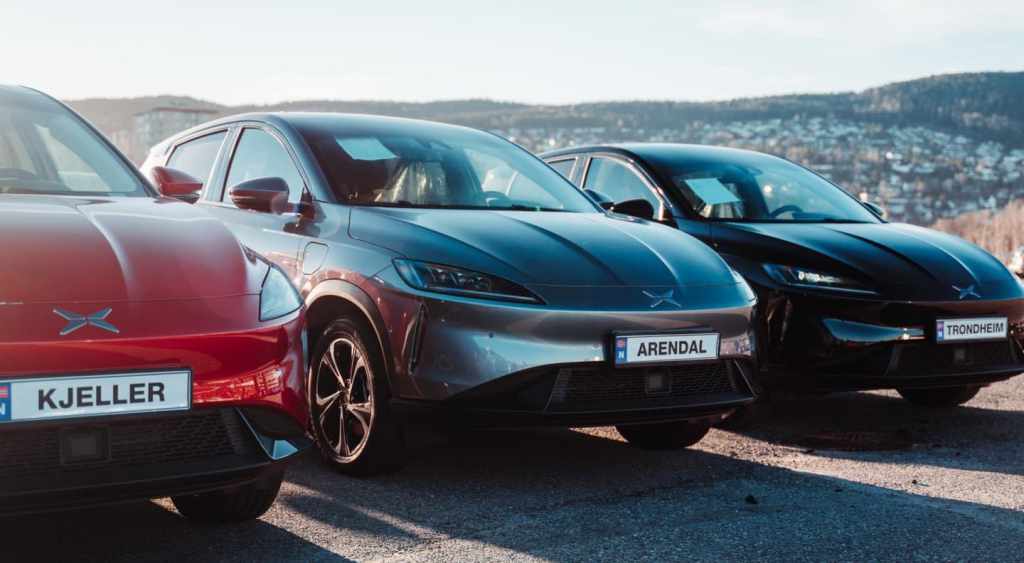The Chinese manufacturer Xpeng and the company specialized in developing LiDAR sensors Livox will collaborate to incorporate this solution in a new electric car that will be launched on the market in 2021. Thus, Livox becomes the first partner of Xpeng in LiDAR technology, which will be key to the development of autonomous driving.
Livox has modified its Horiz sensor (the automotive variant of the Horizon model) to meet Xpeng’s customization requirements. Among other things, the detection range will be increased from 90 meters from the Horizon to 150 meters, allowing Xpeng’s XPILOT system to detect obstacles more easily.
Horiz’s resolution has also doubled, while the horizontal field of view has been expanded from the Horizon’s 81º to 120º, something that has been key in eliminating blind spots. Thanks to the Horiz sensor’s inclusion in a production vehicle, Xpeng and Livox will overtake pairs such as Volvo and Luminar, which will do the same with the third-generation XC90 in 2022.
Since its founding in 2016, Livox has focused its efforts on achieving cost-effective mass production of LiDAR technology, overcoming the three bottlenecks of this industry (price, scalability, and reliability). Its solutions have industry-leading standards in terms of detection range and field of view.
However, not everyone in the automotive industry believes that LiDAR will be crucial in the development of autonomous driving: Elon Musk, CEO of Tesla, has chosen to do without this element as too expensive, betting on his vehicles by a set of ultrasonic sensors, radars, and high definition cameras.

